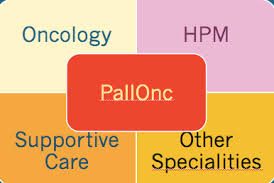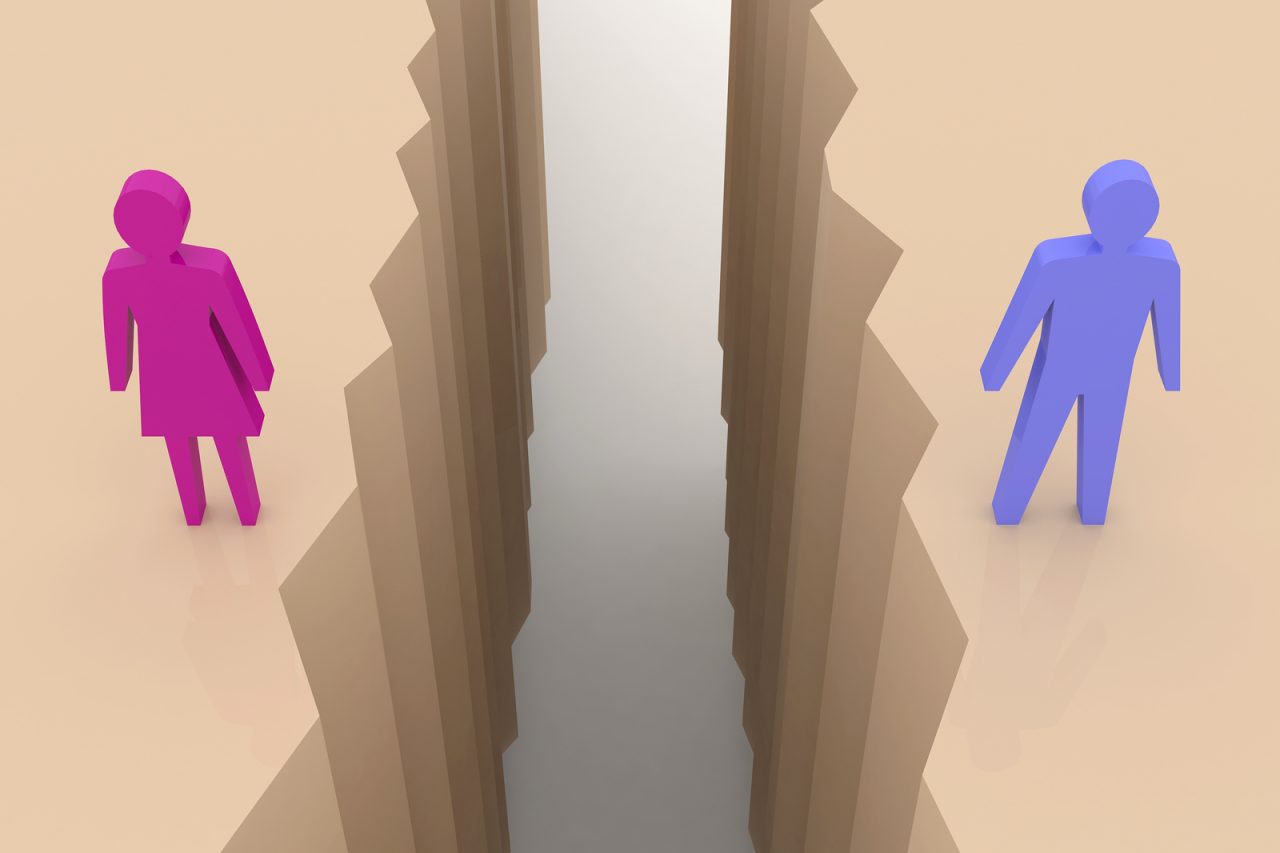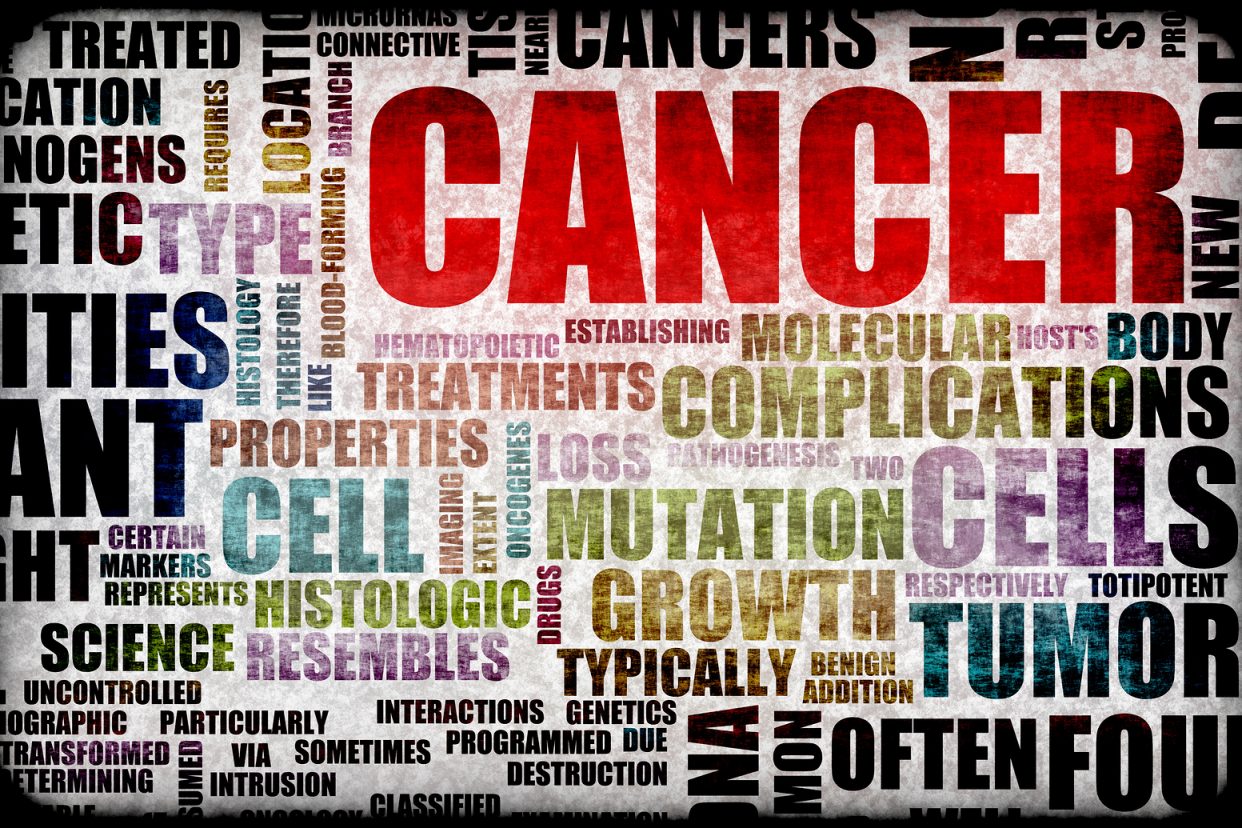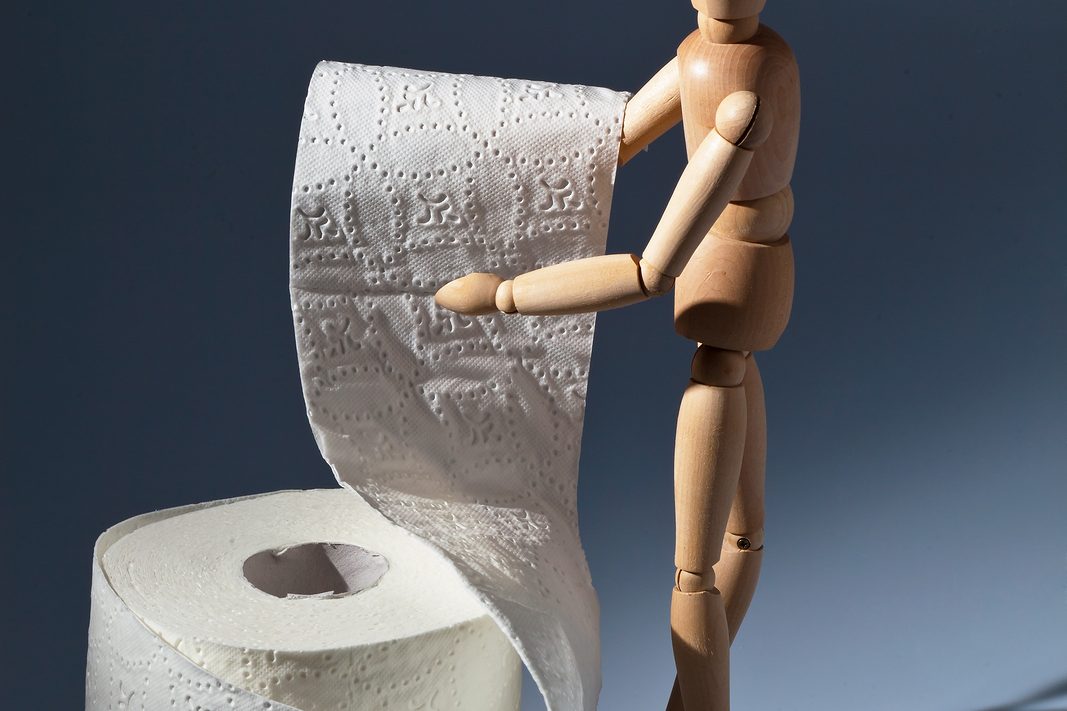That first time there was a moist sweet smell, the hiss of oxygen and pictures of grandchildren on the wall. Unopened juice containers, papers, a Kindle, the phone and some plastic table wear, crowded the bedside stand. Jack was thin, tired and the tightness of his eyes spoke of uncontrolled pain.
“Oh, I know you. You took care of my wife’s friend. You’re the cancer doc.’
“Yes, that’s me, nice to meet you, Jack.”
“No offense, but its not so nice to meet you.”
“I appreciate that, no offense taken. What did they tell you was going on that they wanted me to see you?”
“The surgeon said, I have the Big C. Cancer in my lung. Stage IV, he said.”
“What did he tell you about it. What was the plan?”
“The plan was call you. But, I know what that means.”
“What does that mean?
“It means that I am going to die. But, you have got to do me a favor.”
“What is that,” I asked.
“You see I have been through a lot in the last few years, so I have been expecting this. I can handle it. But you can’t tell my wife.”
“Don’t tell your wife what?”
“Don’t tell my wife that I have cancer. Don’t tell my wife I am going to die. She couldn’t take it.”
I sat silent for a moment. This was a remarkable request. Not that it is remarkable for a man to want to protect his wife. Not that it is remarkable to desire the small amount of denial that comes from not sharing tough news with loved ones. No, what made it remarkable was the conversation I had with his wife, minutes before.
I had run into his wife, Mildred, down the hall. Not a great place for important talks, dodging rolling gurneys, racing interns, and the bright intrusive noise of even the calmest hospital ward. Still, she cornered me between food carts.
“You’re the oncologist who is going to see my husband, aren’t you? I recognize you from the office. You took are of my friend.”
“Yes, I was just on my way to see Jack. How are you doing?”
“I am very upset. I just got the news from the lung doctor.”
“What news did you hear?”
“Jack has terminal cancer.”
I had to try to get out of a deep talk in the hall. “Do you want to come with me, while I see Jack?”
“No, not right now. But I wanted to warn you.”
“Warn me?”
“Yes, Jack has been through a lot in the last few years. He is very frail. I don’t think he can take it. So, you can’t tell him how bad it is. You can’t tell him he is going to die.”
Therefore, here I was, sitting next to Jack, reflecting on their remarkable request. Not wanting to bring each other pain, perhaps wanting to deny horrible reality just a little while longer, they had built a wall, opened a chasm. After spending a lifetime together, sharing careers, children, success and failure, relying on each other’s advice and emotional support, they were creating separation. Just when they needed each other the most, they were pulling apart.
It is a natural and common behavior, based in /. It may be temporary, until each person can cope and then open themselves to sharing. Or it may continue as a permanent mal-coping action, with denial and miscommunication through the hard times, until the patient ends life not at home, not in comfort, not surrounded by those they need, but in an intensive care unit invaded by machines and strangers.
While communication must move gently, slowly, at the pace and with the method that is special to each relationship, it is vital we share. It allows support, understanding and communication. To deny that connection at the worst of times is to deny the chance to find closure and heal.
For the doctor, sometimes opening up family communication can be difficult. First, the physician must teach every family member, individually, that the physician can be trusted to give bad news in a supportive way. Trusted that they will not cause unnecessary pain. Trusted that they will be there. Only then is it possible to empower families so that they can have these most critical, but difficult, discussions.
Jack and Mildred were easy. I said, “Jack, what do you think your wife just said to me, five minutes ago?”
“What?” he asked.
“Mildred said, exactly what you just said to me. She is worried about you.”
Jack relaxed. A sad smile came to his lips. He looked past me.
“Do you want me to get Mildred?” I asked.
“Yes, thank you.”
I found Mildred standing alone down the hall, looking out a window seeing nothing, and brought her back to Jack’s room.
Mildred sat on the bed. They held each other close. They began to cry. I closed the door.







5 Comments